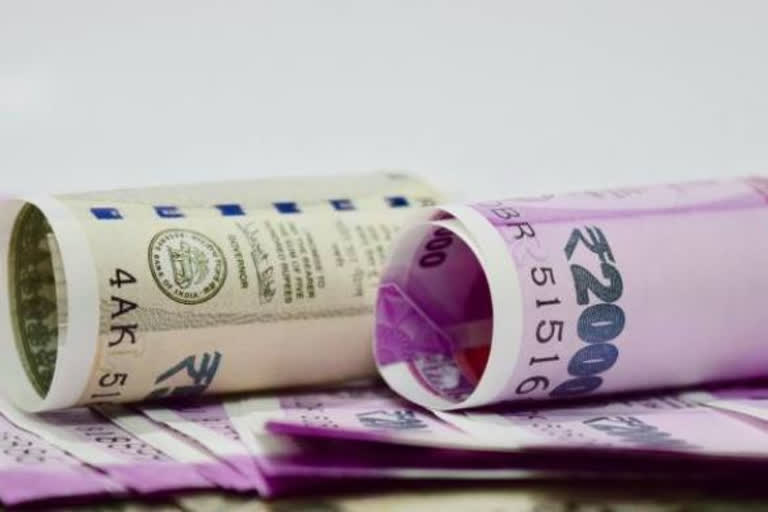New Delhi:The government will depend heavily on taxes levied on petrol and diesel to finance its biggest-ever Rs 20 lakh crore economic package announced by Prime Minister Narendra Modi on Tuesday to revive the economy hit hard by Covid-19 pandemic.
Sensing the enormity of the situation and need for a larger economic package, the government On May 5, had raised excise duty on petrol and diesel by unprecedented level of Rs 10 and Rs 13 per litre. This itself will provide additional revenue of about Rs 1,75,000 crore in FY21.
Moreover, the government can further raise duty on the two products by Rs 3-6 per litre, thereby raising another Rs 50,000-60,000 crore. So total earnings for the Centre from petroleum products itself could top Rs 2,25,000 crore in additional revenue besides over Rs 2,15,000 that it already gets in a year as excise revenue from the petroleum sector.
In addition, sources indicated that import duty on a few items may be raised as the government looks strengthening its 'Make in India' and 'Made in India' initiatives.
The government may look at the RBI for some financial support this year too, like it got through a higher dividend payout last year. In the last fiscal, the Reserve Bank of India (RBI) approved a Rs 1,76,000 crore ($24.8 billion) dividend payment to the government, including Rs 1,48,000 crore for FY20. Similar or more dividend may flow this year too to help the government to finance its economic package.
Read more:Nation awaits Finance Minister's announcements on 'AtmaNirbhar Bharat Abhiyan' at 4 PM
